Optimizing Sales Performance through Customer Relationship Management
Customer Relationship Management (CRM) is a powerful tool that can significantly enhance sales performance by building strong customer relationships, improving customer service, and maximizing customer lifetime value. In today’s competitive business landscape, optimizing sales performance is crucial for the success of any organization. One powerful tool businesses can leverage to achieve this goal is Customer Relationship Management
(CRM). By effectively utilizing CRM strategies, companies can streamline their sales processes, enhance customer relationships, and ultimately boost their bottom line. As sales performance is often the most significant indicator of success, customer relationship management (CRM) is an essential tool to understand and optimize sales performance. First, it’s vital to collect accurate and up-to-date customer data in order to track customer buying trends and preferences.
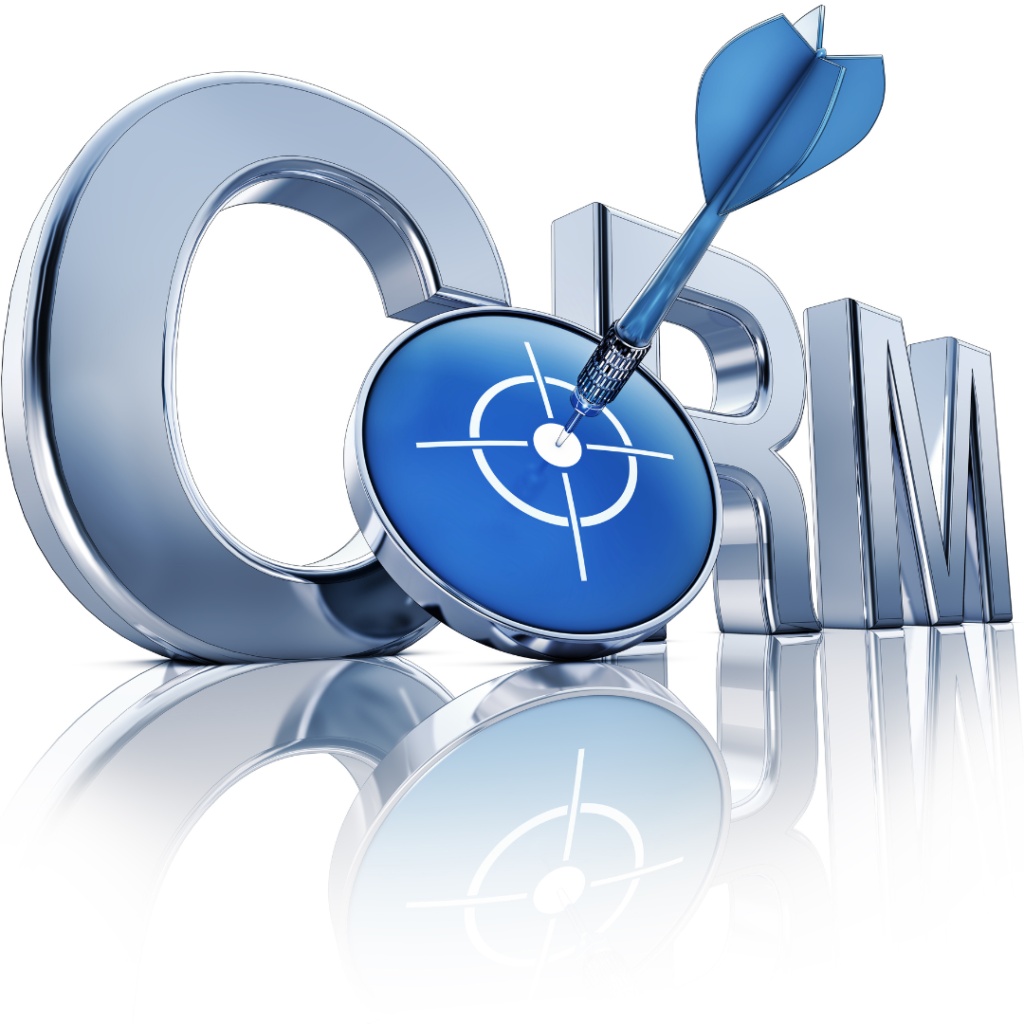
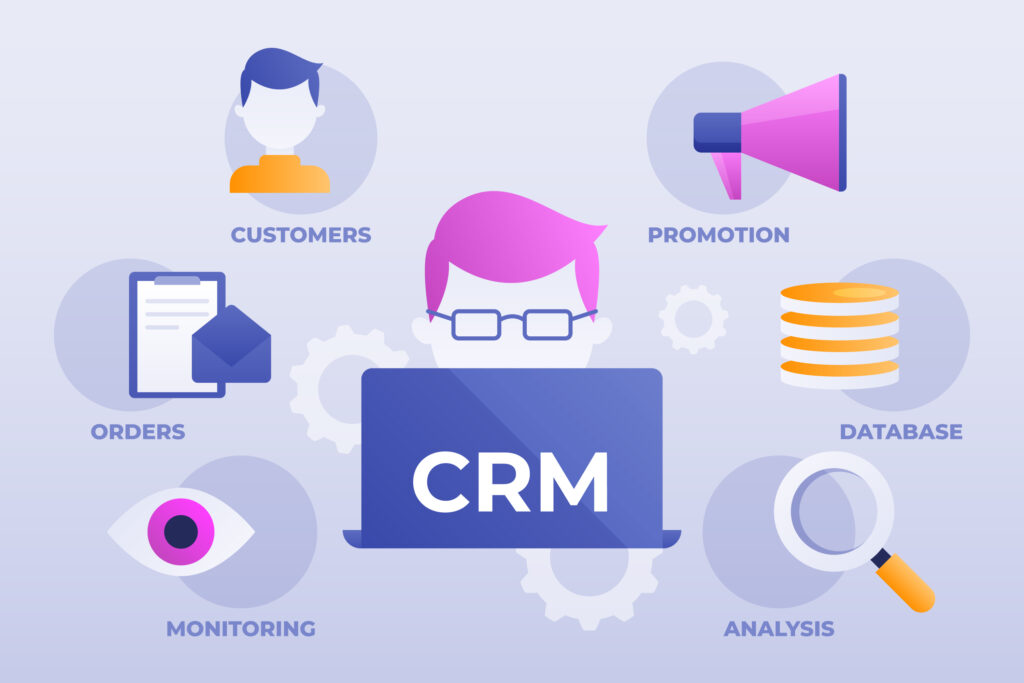
The Evolution and Growth of the CRM
The Birth of CRM
Understand Customer Relationship Management
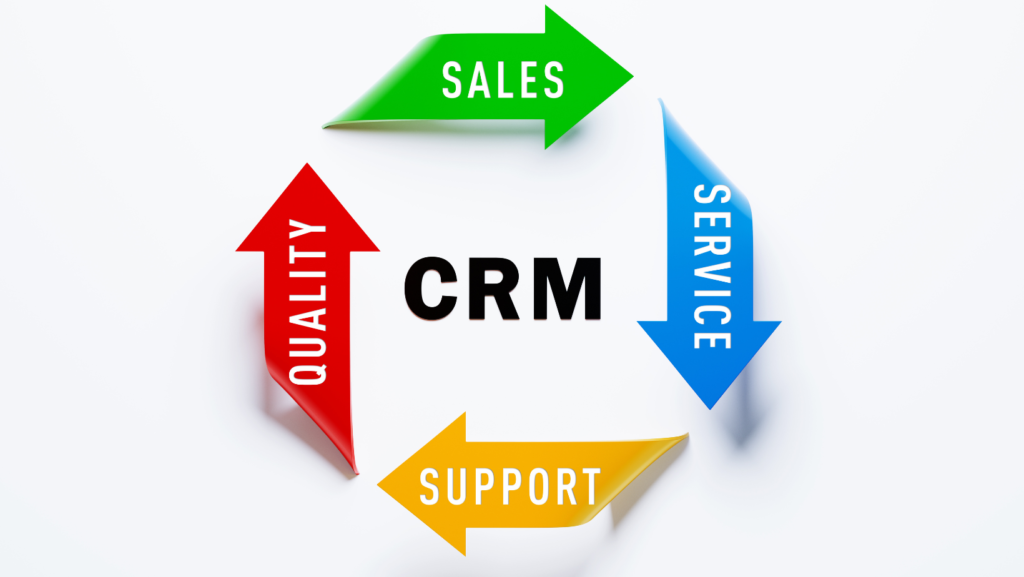
The Key Components of Customer Relationship Management
Data Management:
Customer Engagement
Sales Automation
Analytics and Reporting
Key benefits of Customer relationship management for sales optimization



Enhanced Customer Insights
Improved Lead Management
Streamlined Sales Processes


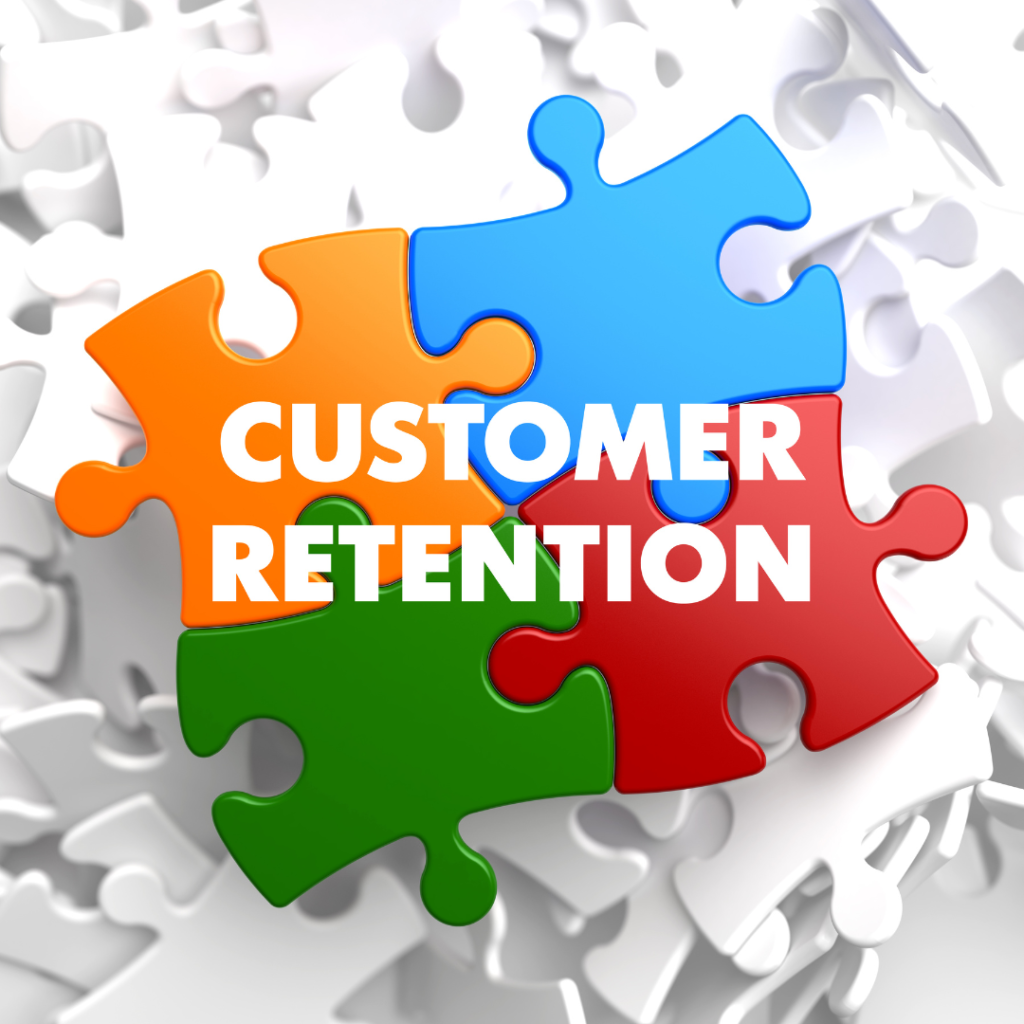
Better Sales Forecasting
Increased Cross-Selling and Upselling Opportunities
Improved Customer Retention
Implementation of customer relationship management for sales success
Customer Data Centralization
Automated Sales Processes
Improved Customer Service
Sales Forecasting and Analytics:
CRM tools offer powerful analytics capabilities that
enable businesses to track sales trends, identify opportunities
CRM Can Improve the Customer Experience
One of the fundamental functions of CRM is collecting and organizing customer data. This
data includes personal information, purchase history, communication preferences, and more. By centralizing this information, businesses gain a 360-degree view of each customer, enabling them to tailor their interactions accordingly. In today’s highly competitive business landscape, providing a positive and seamless customer experience has become crucial for success. Customer Relationship Management (CRM) systems play a pivotal role in enhancing the customer experience by enabling businesses to better understand, engage, and serve their customers. In this article, we will explore how CRM can improve the customer experience and why it is essential for businesses to leverage this powerful tool. By centralizing customer data from various touchpoints, including interactions, purchase history, and preferences, CRM systems offer a complete picture of each customer.


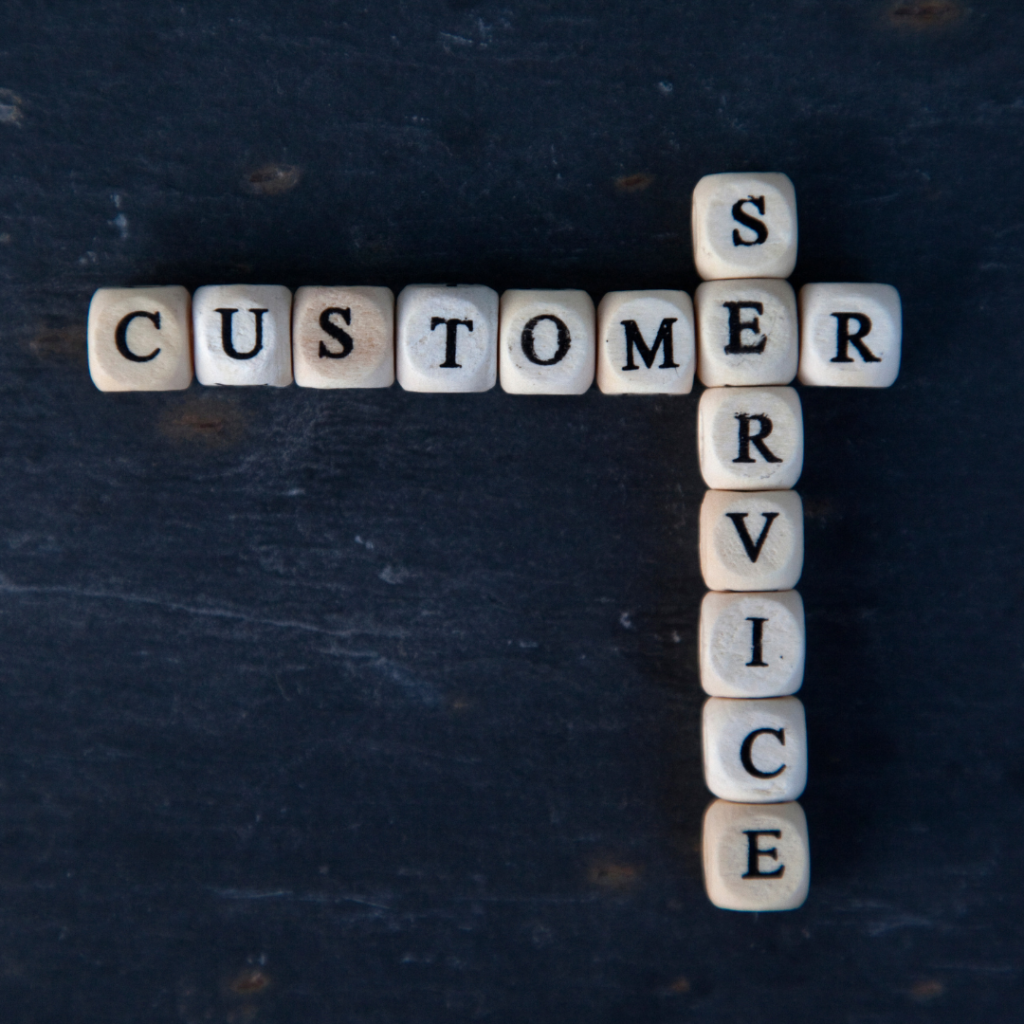


Personalization
Improved Customer Service
CRM systems empower customer support teams with instant access to customer profiles and
interaction history. This means that when a customer reaches out for assistance, support
agents can quickly understand their needs and provide more effective solutions.
Efficient Sales Process
Sales teams can also benefit from CRM by tracking leads, managing opportunities, and
streamlining the sales process. By understanding a lead’s history and preferences, sales
representatives can tailor their pitches and increase conversion rates. CRM can
automate routine tasks, sales professionals to focus on building relationships.
Timely and Consistent Customer Service
CRM systems streamline and enhance customer service processes, contributing to an
improved customer experience. By consolidating customer inquiries, complaints, and
requests in one central location, CRM makes it easier for customer service representatives to
respond promptly and efficiently
Creative Ways to Use Your CRM for More Than Sales
Customer Relationship Management (CRM) systems are primarily known for their role in sales and marketing, they can offer so much more value to a business than just managing customer relationships during the sales process. CRM platforms can be leveraged in creative ways to enhance various aspects of your business operations, improve collaboration, and drive overall efficiency. we will explore some unconventional and creative ways to use your CRM beyond sales. Customer Relationship Management (CRM) systems have numerous applications beyond sales. By thinking creatively and exploring alternative use cases for your CRM, you can unlock its full potential to improve various aspects of your business operations.
Customer Service and Support
Project Management and Collaboration
Vendor and Supplier Management
HR and Employee Management
Event Management
Customer Surveys and Feedback
Knowledge Base and Content Management
Customer Relationship Management in social media

Social media provides a goldmine of customer insights and feedback that businesses . By monitoring social media conversations, businesses can gain valuable insights into customer preferences, pain points,
Application of Customer Relationship management in B2B and B2C
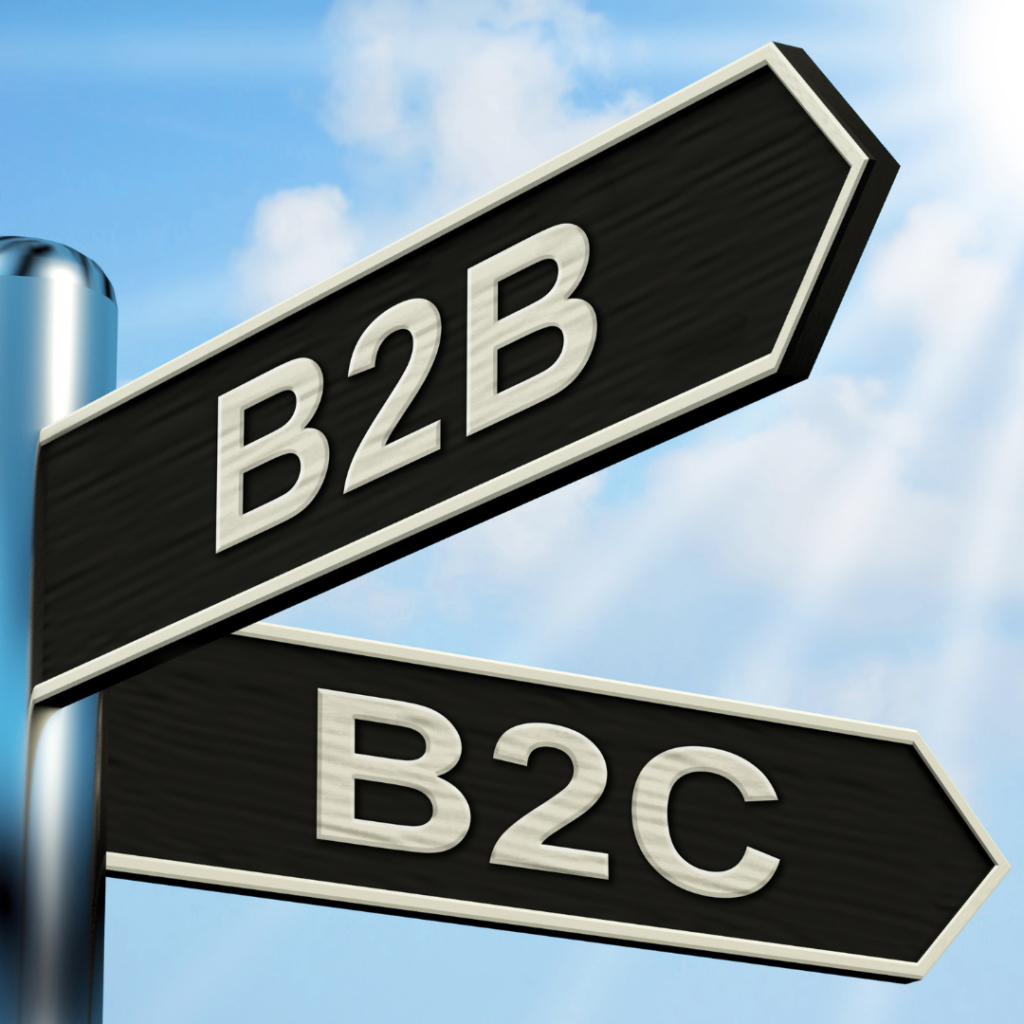
B2B CRM: Building Strong Partnerships
B2B CRM systems are used to manage detailed account information, including contacts, communication history, purchase history, and contractual agreements. By tracking interactions with each account, businesses can effectively manage relationships, identify growth opportunities, and address potential issues.
CRM helps businesses provide exceptional customer support in a B2B context. By tracking support tickets, managing service level agreements (SLAs), and centralizing customer information, businesses can efficiently resolve customer issues, ensure timely communication, and strengthen client.
B2B CRM systems provide analytics and reporting capabilities that enable businesses to measure the health of their customer relationships. This includes metrics like customer satisfaction, customer lifetime value, and revenue generated per customer. These insights help identify areas for improvement and inform strategic decision-making.
B2C CRM
In a B2C context, CRM focuses on delivering personalized experiences, driving customer loyalty, and nurturing long-term relationships. Here are some key applications of CRM in the B2C space:
B2C CRM systems capture and analyse customer data from multiple touchpoints, including e-commerce platforms, social media, and customer support channels. This data is used to segment customer groups based on demographics, preferences, purchase history, and behaviour.
B2C CRM systems enable businesses to automate marketing work flows and campaign management. This includes sending personalized emails, creating targeted advertisements, and delivering relevant content to specific customer segments. Automation helps businesses engage with customers at scale, nurture leads, and improve conversion rates.
CRM is instrumental in managing loyalty and rewards programs in a B2C setting. By integrating customer data with loyalty programs, businesses can track customer activities, provide personalized rewards, and incentivize repeat purchases. This fosters customer loyalty, increases customer retention, and drives referrals.
CRM in B2B
CRM systems provide valuable insights into sales trends and customer behavior. By
analyzing historical data, organizations can make informed sales forecasts and optimize
inventory and resources according
CRM in B2C
The Future of Customer Relationship Management
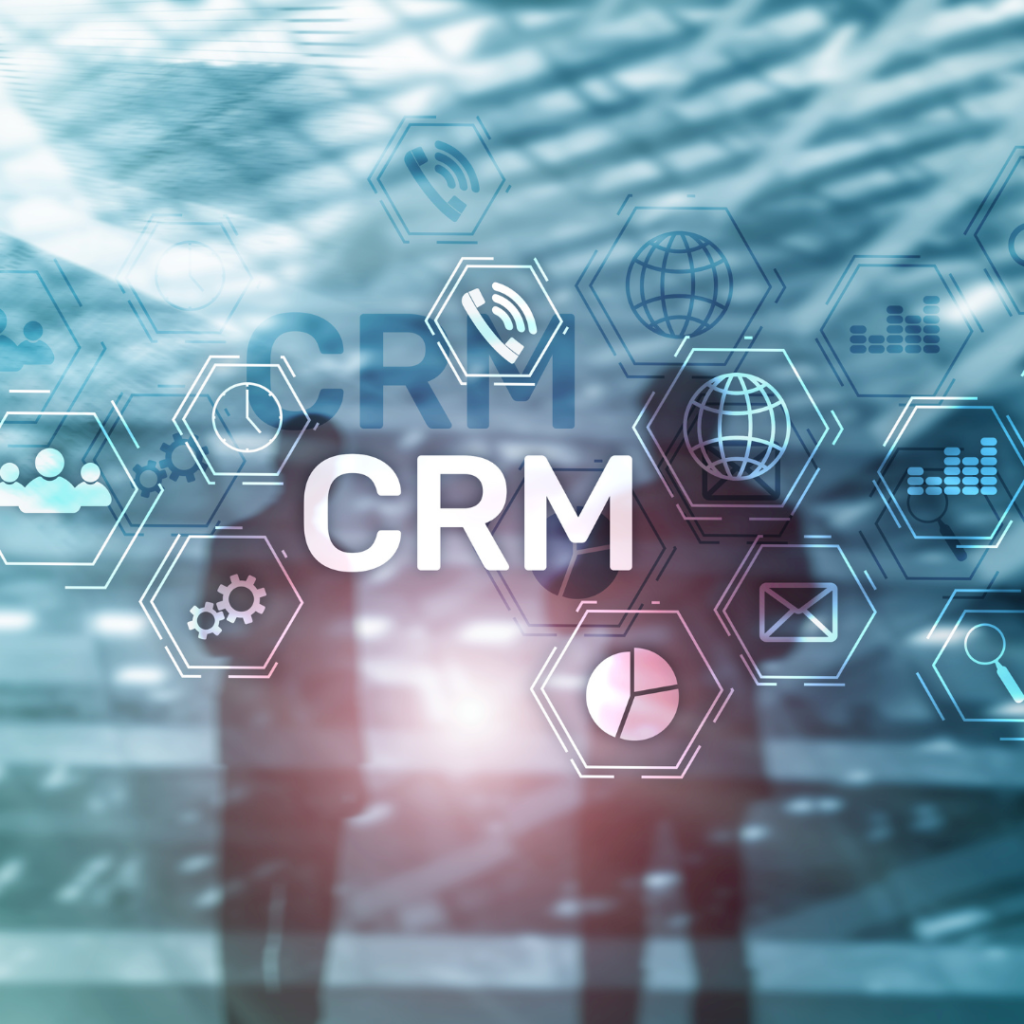
1. Artificial Intelligence and Machine Learning in CRM
2. Automation and Work flow Optimization
3. Hyper-Personalization
4. Integration and Data Accessibility
5. Ethical Considerations
6. (AR) and (VR)
The future of CRM will also incorporate AR and VR technologies to enhance customer engagement
and support
